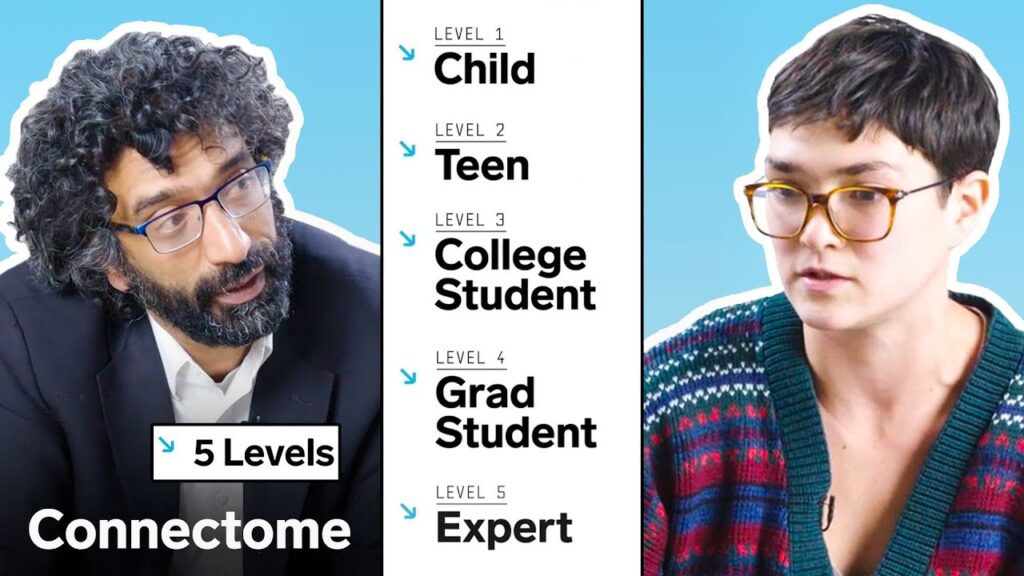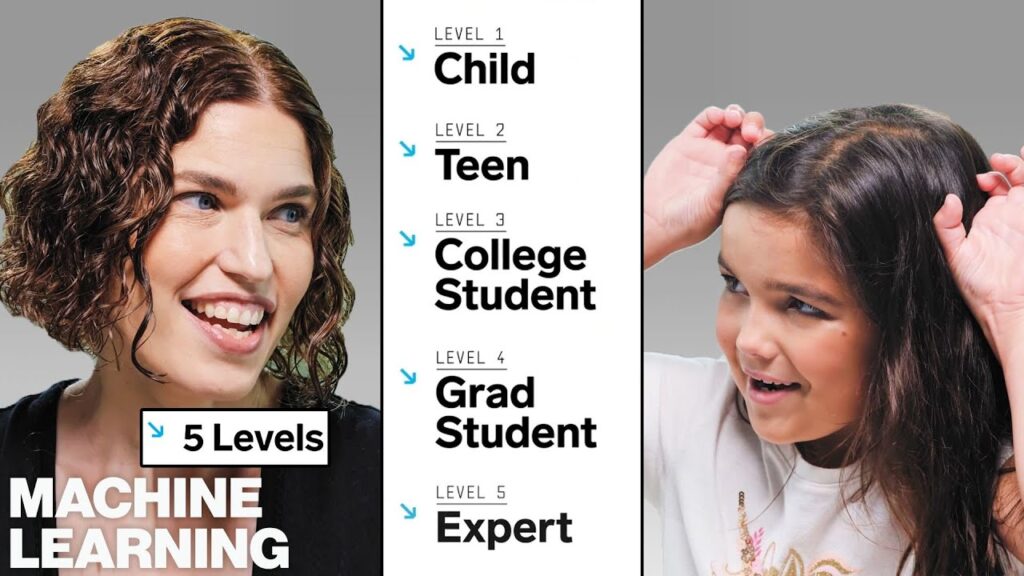The Search for Extraterrestrial Intelligence: A Q&A with Scientist Jill Tarter
Summary
In a fascinating discussion, scientist Jill Tarter talks about the prospects of discovering intelligent life on other planets and how we might interact with them. She emphasizes the need to share any evidence of alien intelligence with the world, to play by their rules, and how technology can be used as a proxy for intelligence. With recent UFO sightings and the rise of artificial intelligence, Tarter’s insights provide exciting food for thought on the topic.
Table of Contents
- The need to share evidence of extraterrestrial intelligence with the world
- How technology can be used as a proxy for intelligence
- Recent UFO sightings: skepticism and need for evidence
- The potential for encountering other forms of artificial intelligence
- How to define intelligence and the organization principles behind it
- Determining property ownership of extraterrestrial bodies
- The prospect of communicating with aliens through alternative technologies
Introduction
For centuries, humans have wondered if we are alone in the universe. The possibility of extraterrestrial life is exciting, but it also raises profound questions about how we would interact with alien civilizations. In this Q&A transcript, scientist Jill Tarter explores our efforts to search for intelligent life beyond our planet, what it might look like, and how we might communicate with it.
Q&A
The need to share evidence of extraterrestrial intelligence with the world
Q: Why do you believe that any evidence of extraterrestrial intelligence should be shared with the world instead of being kept a secret?
A: If we find intelligent life on another planet, it would be a discovery that would impact all of humanity. If aliens can travel to our planet, they are likely more technologically advanced than we are, and we should play by their rules. We should not assume that they are automatically hostile, nor that they are automatically friendly. The only way to know is to share the information and think about the consequences together.
How technology can be used as a proxy for intelligence
Q: Can you explain how technology can be used as a proxy for intelligence?
A: Intelligent beings should be able to manipulate their environments in ways that would be discernible to us as technology. We can look for the signs of technology as a proxy for intelligence. Technology can indicate not only that there’s somebody there but what they might be capable of.
Recent UFO sightings: skepticism and need for evidence
Q: With recent UFO sightings in the news, what is your take on the chances that aliens have visited our planet?
A: It’s unlikely, but not impossible. I think we need more evidence before concluding that aliens are visiting us. We should be skeptical and demand better evidence than testimonies of flying saucers.
The potential for encountering other forms of artificial intelligence
Q: With the rise of artificial intelligence, do you think we might encounter other forms of intelligence?
A: It’s very possible. We might encounter an artificial intelligence (AI) that has become self-replicating, self-propagating, and self-evolving. Such an AI would have a compelling interest in spreading itself. We could face scenarios where we interact with extra-terrestrial AI rather than biological organisms.
How to define intelligence and the organization principles behind it
Q: How would you define intelligence when it comes to searching for extraterrestrial life?
A: The most useful definition of intelligence in a technical sense is the ability to solve increasingly complex problems. However, intelligence might mean something entirely different to alien minds. Therefore, it’s important to remain open-minded and explore different possibilities.
Q: What do you think is the organizing principle behind intelligent life?
A: I don’t know. But we might use technology as a proxy to build a common understanding.
Determining property ownership of extraterrestrial bodies
Q: How do you think we should approach the question of property ownership of space bodies?
A: It’s a work in progress. We need to determine who benefits from extraterrestrial bodies and how to share the benefits. We should involve all nations in the conversation and consider ethical implications.
The prospect of communicating with aliens through alternative technologies
Q: With our current methods of searching for intelligent signals, is there a chance that we’re looking for the wrong thing?
A: Yes, we may be looking for the wrong thing. We’re looking for radio and optical signals and assuming that aliens use the same technologies we use. We have to think expansively about the technology and communication possibilities out there. There may be other ways that aliens are trying to communicate with us that we don’t know about.
Conclusion
As humans, we are naturally curious about the possibility of alien life. Though the search for extraterrestrial intelligence is far from over, Jill Tarter’s views provide a sobering perspective on what we might eventually encounter if we ever make contact. Exciting possibilities await us if we continue our search and listen to those who have dedicated their lives to this pursuit.







